Intro
The common cold and COVID-19 are two distinct respiratory illnesses that have been causing significant concern and confusion among the general public. The common cold is a viral infection that affects the upper respiratory system, while COVID-19 is a more severe and contagious illness caused by the SARS-CoV-2 virus. Understanding the differences between these two illnesses is crucial for proper diagnosis, treatment, and prevention.
Both the common cold and COVID-19 can cause similar symptoms, such as coughing, sneezing, and runny nose. However, COVID-19 is often accompanied by more severe symptoms, including high fever, fatigue, and shortness of breath. In some cases, COVID-19 can lead to pneumonia, acute respiratory distress syndrome, and even death, especially among older adults and individuals with underlying health conditions.
The importance of distinguishing between the common cold and COVID-19 cannot be overstated. With the ongoing pandemic, it is essential to recognize the signs and symptoms of COVID-19 and take immediate action to prevent its spread. In this article, we will delve into the differences between the common cold and COVID-19, exploring their causes, symptoms, diagnosis, treatment, and prevention.
Cold Vs Covid: Understanding the Differences
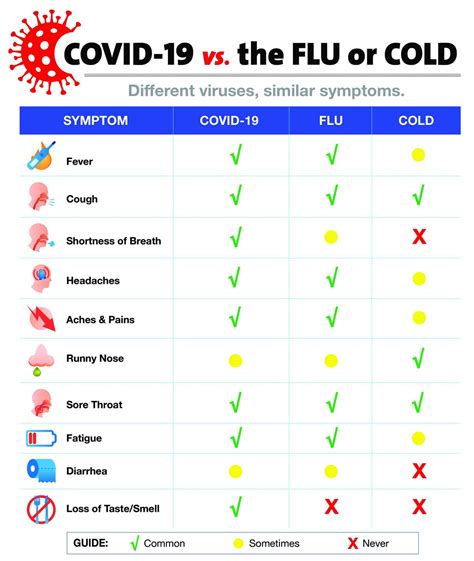
The common cold and COVID-19 are caused by different viruses. The common cold is typically caused by rhinoviruses, coronaviruses, adenoviruses, and respiratory syncytial viruses. In contrast, COVID-19 is caused by the SARS-CoV-2 virus, which is a type of coronavirus. This virus is highly contagious and can spread through respiratory droplets, contact with contaminated surfaces, and close contact with an infected person.
Symptoms of Cold and Covid
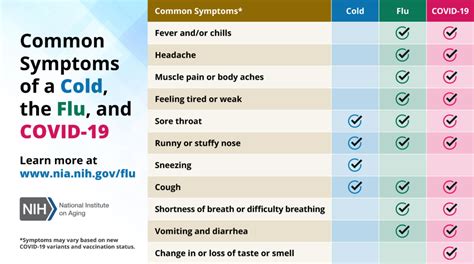
The symptoms of the common cold and COVID-19 can overlap, making it challenging to diagnose the illness without a medical examination. Common symptoms of the cold include:
- Runny nose
- Stuffy nose
- Sneezing
- Coughing
- Sore throat
- Fatigue
- Headache
In contrast, COVID-19 symptoms can include:
- High fever
- Chills
- Coughing
- Shortness of breath
- Fatigue
- Headache
- Sore throat
- Runny nose
- Diarrhea
- Nausea and vomiting
Diagnosis and Treatment

Diagnosing the common cold and COVID-19 requires a medical examination and laboratory tests. A healthcare professional can perform a physical examination, take a medical history, and order laboratory tests, such as a rapid antigen test or a PCR test, to confirm the diagnosis.
Treatment for the common cold typically involves over-the-counter medications, such as pain relievers, decongestants, and cough suppressants. Rest, hydration, and a healthy diet can also help alleviate symptoms.
In contrast, COVID-19 treatment depends on the severity of the illness. Mild cases can be managed at home with rest, hydration, and over-the-counter medications. However, severe cases may require hospitalization, oxygen therapy, and antiviral medications.
Prevention and Precautions
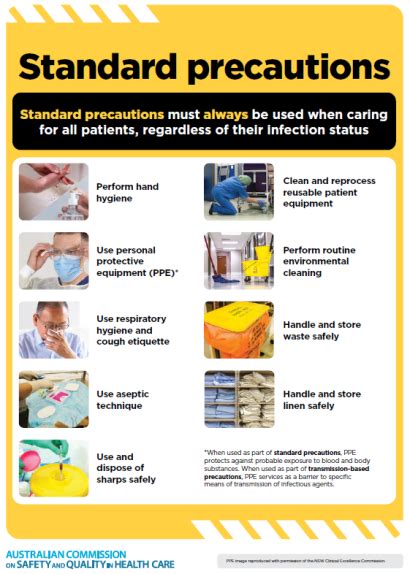
Preventing the spread of the common cold and COVID-19 requires similar precautions. These include:
- Practicing good hygiene, such as washing hands frequently with soap and water
- Avoiding close contact with people who are sick
- Avoiding touching the face, especially the eyes, nose, and mouth
- Staying home from work or school when sick
- Getting enough rest and maintaining a healthy diet
- Avoiding sharing personal items, such as utensils, glasses, and towels
Additionally, COVID-19 prevention measures include:
- Wearing a face mask in public places
- Maintaining social distancing, at least 6 feet apart
- Avoiding large gatherings and crowded areas
- Getting vaccinated against COVID-19
Vaccination and Immunity
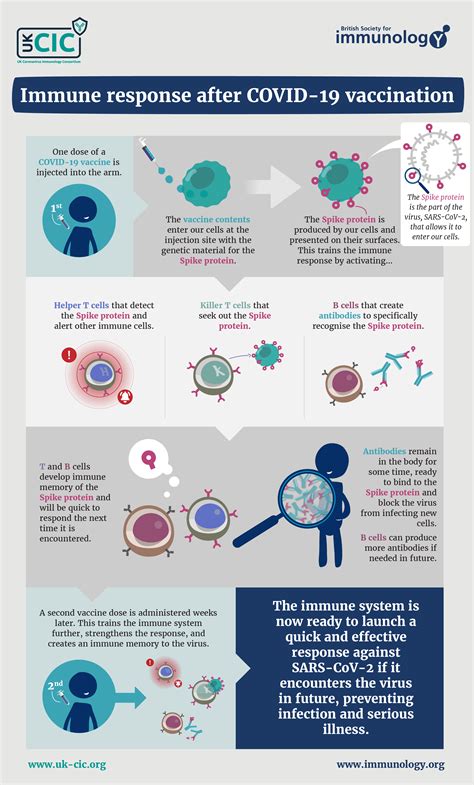
Vaccination is a crucial aspect of preventing the spread of COVID-19. The COVID-19 vaccine has been shown to be highly effective in preventing severe illness and hospitalization. However, it is essential to note that no vaccine is 100% effective, and breakthrough cases can occur.
Immunity to COVID-19 can be achieved through vaccination or natural infection. However, natural infection can be unpredictable, and the severity of the illness can vary from person to person. Vaccination, on the other hand, provides a controlled and safe way to develop immunity to the virus.
Long-Term Effects and Complications
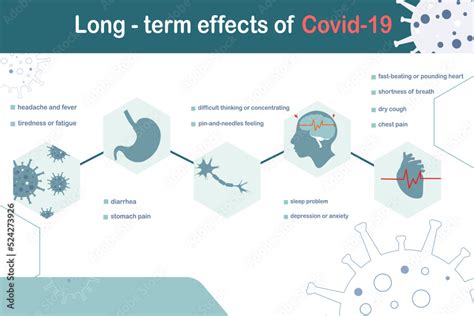
Both the common cold and COVID-19 can have long-term effects and complications. The common cold can lead to secondary infections, such as sinusitis, bronchitis, and pneumonia. COVID-19, on the other hand, can cause long-term effects, such as:
- Respiratory problems, such as chronic obstructive pulmonary disease (COPD)
- Cardiovascular problems, such as heart failure and stroke
- Neurological problems, such as cognitive impairment and Parkinson's disease
- Mental health problems, such as anxiety and depression
Conclusion and Final Thoughts

In conclusion, the common cold and COVID-19 are two distinct respiratory illnesses that require different approaches to diagnosis, treatment, and prevention. Understanding the differences between these two illnesses is crucial for protecting ourselves and our loved ones from the spread of COVID-19. By practicing good hygiene, getting vaccinated, and taking precautions, we can reduce the risk of transmission and prevent long-term effects and complications.
We invite you to share your thoughts and experiences with us. Have you or a loved one been affected by the common cold or COVID-19? What precautions have you taken to prevent the spread of the illness? Share your story with us in the comments below.
What are the main differences between the common cold and COVID-19?
+The main differences between the common cold and COVID-19 are the severity of symptoms, the type of virus that causes the illness, and the risk of long-term effects and complications. COVID-19 is a more severe and contagious illness that can lead to pneumonia, acute respiratory distress syndrome, and even death.
How can I prevent the spread of COVID-19?
+You can prevent the spread of COVID-19 by practicing good hygiene, such as washing your hands frequently with soap and water, avoiding close contact with people who are sick, and wearing a face mask in public places. Additionally, getting vaccinated against COVID-19 is highly effective in preventing severe illness and hospitalization.
What are the long-term effects and complications of COVID-19?
+COVID-19 can cause long-term effects and complications, such as respiratory problems, cardiovascular problems, neurological problems, and mental health problems. It is essential to seek medical attention if you experience any symptoms or concerns after recovering from COVID-19.
